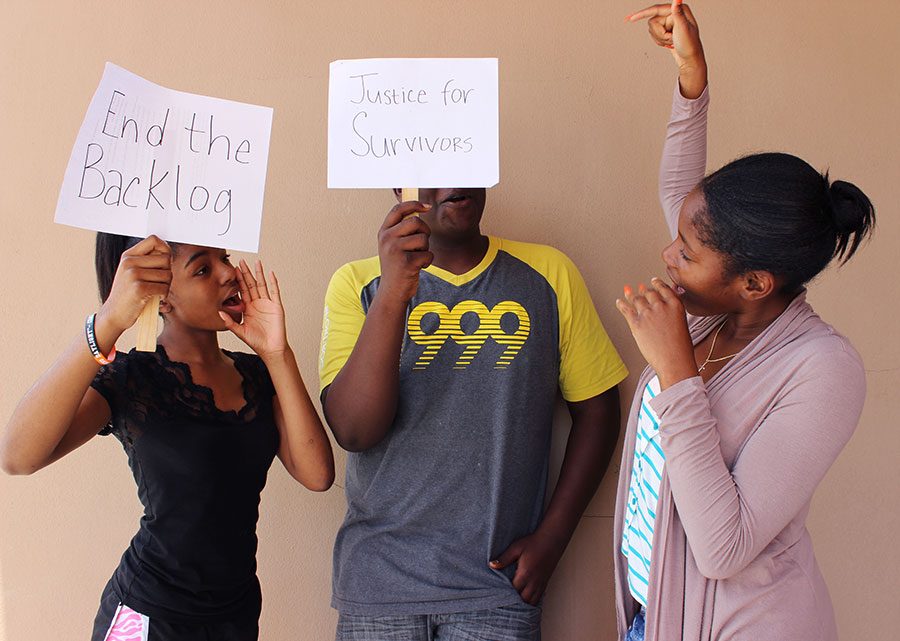FLORIDA SEEKS JUSTICE FOR SEXUAL ASSAULT SURVIVORS
The situation for handling rape kits is improving in Florida.
May 20, 2016
Going to college is a nerve wracking experience for many, but it is even worse for young women; 21% of them will be raped during their time on campus. Rape is not so much a problem as an epidemic in America, and many survivors must contend with laws that make it difficult for them to seek justice afterwards; however, this may be changing.
“[Rape] can happen to anyone, regardless of gender. Everybody has rights, it is a free country, they need to know what all of the proper steps are when there is a situation,” says guidance counselor Stephanie Gabriel.
This April was recognized as Sexual Assault Awareness month, and with it has come a wave of cases taken up by activists and advocates in individual states, including Florida.These cases inspired new legislature to improve the rights of rape survivors.For many rape survivors, it is a difficult path to get justice. Sexual assault is one of the most under-reported crimes; only 34% were reported in 2014, according to the Bureau of Justice Statistics. This may be because states refuse to take cases that they believe to be difficult to prosecute. Other survivors are subjected to victim-blaming, which makes many fearful to even speak out at all.
Sophomore Natalie Harrison adds, “[People] say that [the victim] asked for it, but nobody asks for rape. We need to take it more seriously.”
Florida has accumulated a backlog over almost 13,500 rape kits that were never tested. Many of these kits contain evidence that could help a survivor pursue justice; however, due to statutes that set a time limitation on how long law enforcement may keep the kit for testing, in some states kits are destroyed without being tested.
But in Florida, the situation seems to be improving– in 2016, the House and Senate passed SB-636, requiring law enforcement to submit rape kits for testing within 21 days if requested by the victim. While this is only a small step forward, many other bills that would further improve rape victim rights are currently pending.
“When the attitude towards women’s rights shifts, as it inevitably will in this country, people won’t be unfavorably disposed towards [that shift],” says sophomore Jandrick Castro.
However, some feel that the bills are not going far enough.
“This is definitely not enough; only a small percentage of victims come forward and for those who do, it’s so painstakingly hard with flaws and technicalities, the rapists usually get away with it. Testing doesn’t help enough at all,” says Harrison.
Both Castro and Harrison believe that changes can be implemented starting in school to prevent this.
“[Our education] should target people who aren’t for gender equality so that they take the victim more seriously,” says Castro.
Sexual assault is an issue that is increasingly common in America, and it seems that legislature is finally beginning to catch up.



















